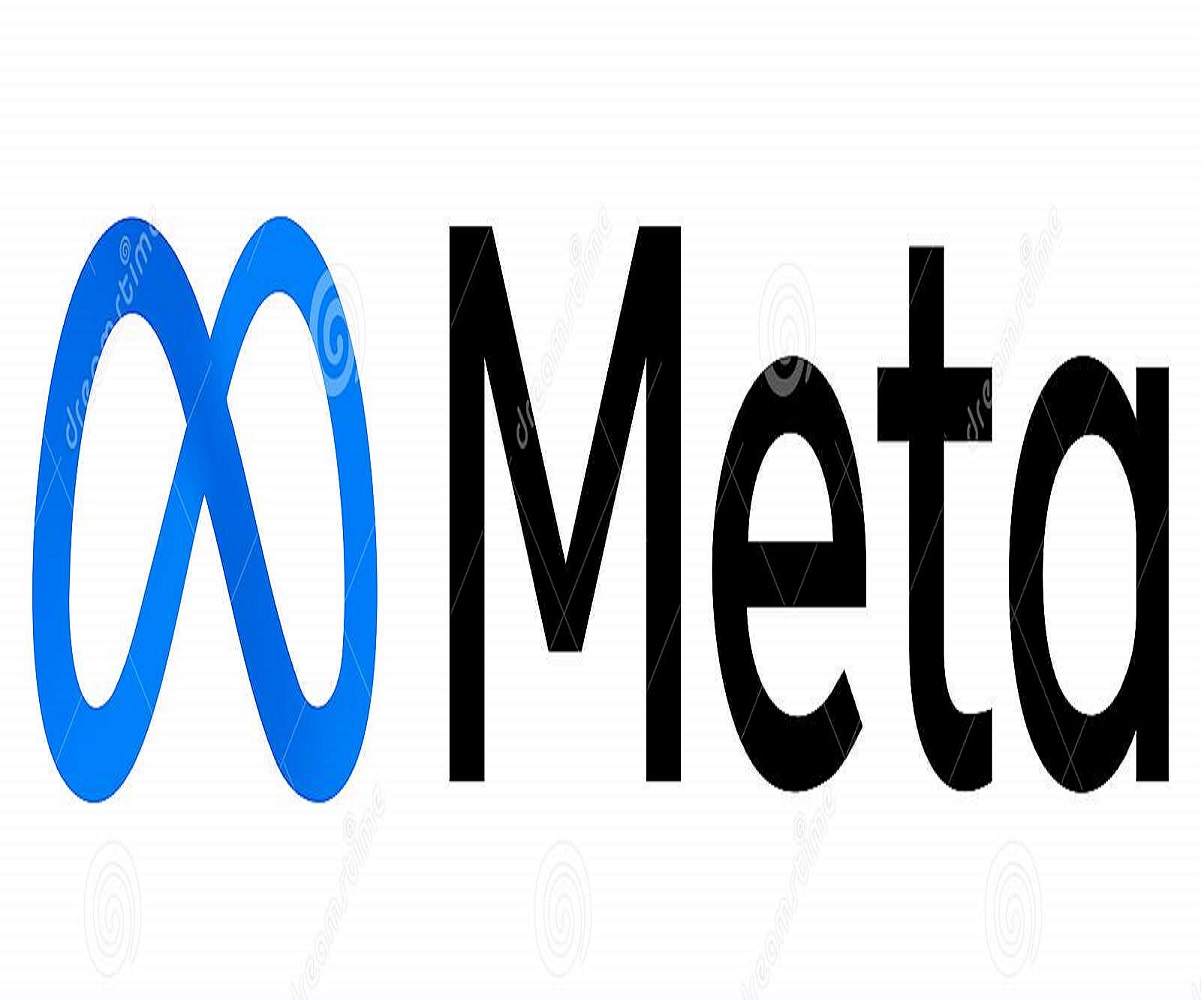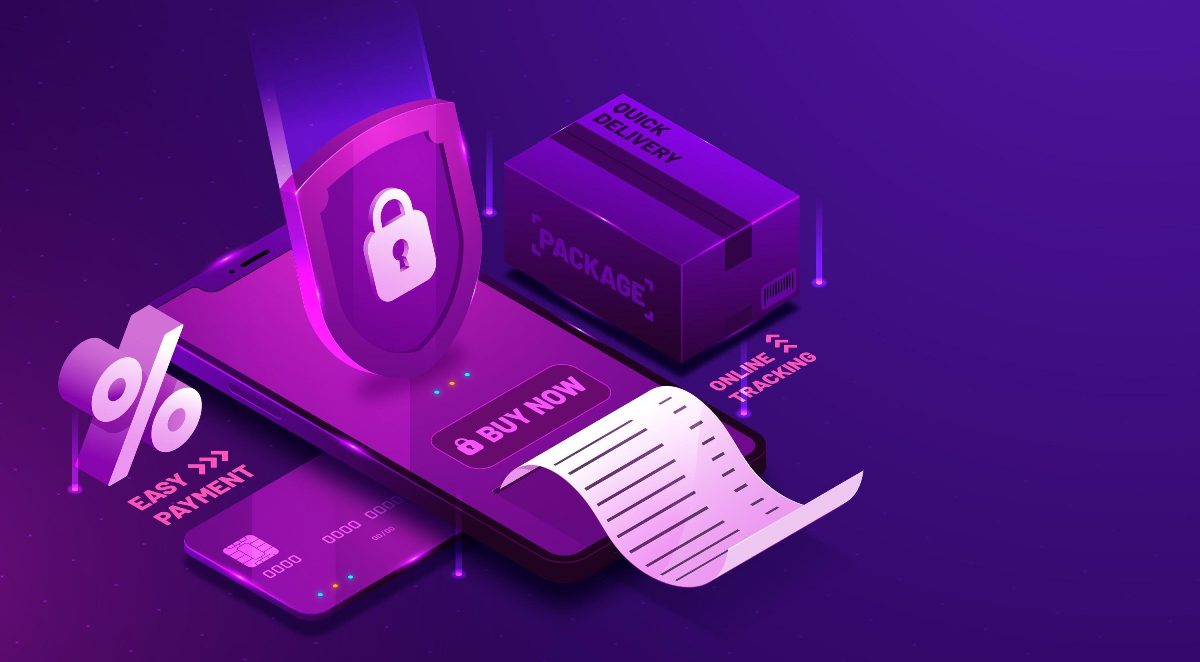Telecom
Meta is Testing AI Tool for WhatsApp and Messenger

Meta is the latest social media company to jump on the artificial intelligence train according to comments shared by its Chief Executive Officer, Mark Zuckerberg, in a Facebook post published yesterday.

According to Zuckerberg, the company is working on the creation of a “top-level product group” focused on generative AI – the technology that powers the popular ChatGPT software developed by OpenAI.
To accomplish its goal, the firm is assembling a team that will solely focus on the development of such a product. According to Zuckerberg, they will focus on “building creative and expressive tools”.
In addition, the company could develop “AI personas” – which can maybe be better understood as virtual assistants – that users can rely on to better use the platforms owned by Meta.
The team may primarily work on new features that involve text prompts within platforms such as Messenger and WhatsApp. Zuckerberg, however, acknowledged that there is still “a lot of foundational work” to be done before any of these tools can be released to the public.
Meta is Not Leaving any Stone Unturned to Stay atop of the Latest Trends
The announcements come only a day after Snapchat, a fast-growing competitor to Instagram and Facebook, launched a ChatGPT-powered AI assistant called “My AI” that subscribers of its Snapchat+ program can already have access to.
For Meta, staying on top of the latest trends in the tech space seems to be a priority as the company allowed TikTok to rise to popularity by failing to catch a shift in users’ preferences that prioritized videos over images.
Zuckerberg, at some point, acknowledged that he “failed to anticipate” these changes. In a recent call with analysts and investors, the head of the Menlo Park-based social media company said that this will be a “year of efficiency” for his firm and engineers seem to have been working around the clock to launch several new features that are primarily responding to what competitors are doing.
Some examples of this include the Meta Verified subscription package that will allow users to get a blue badge on their Facebook and Instagram profiles in exchange for paying a monthly subscription. This was an idea taken from Elon Musk’s playbook at Twitter that appears to have been successful enough to catch Meta’s attention.
In addition, Meta is working on a feature that is similar to BeReal – another social media platform that became popular during the pandemic – that prompts the members of a group to share a picture of whatever they are doing at some point during the day. This trend gained momentum lately in response to the changes that Meta introduced on Instagram that made a more TikTok-like platform.
Is Meta Still Working on the Metaverse?
The metaverse has become a secondary subject lately amid the rise to stardom of generative AI solutions such as ChatGPT. The latter platform has gained significant traction and has seen its monthly active users (MAUs) grow to over 100 million according to statistics pulled by Swiss bank UBS.
Nevertheless, Meta Platforms (META) is not caving in its effort to build a virtual realm. During the fourth quarter of 2022, the Reality Labs unit – the one in charge of developing this initiative – generated operating losses of $4.28 billion, meaning that it spent nearly $5 billion on that particular endeavor in a single quarter.
In its latest call with analysts, Zuckerberg emphasized that its short-term priority is artificial intelligence while the metaverse is more of a long-term play. In regards to the latter initiative, the head of Meta commented on some of the progress the company has made including the first shipments of the Quest Pro device last year and the fact that more than 200 apps within its ecosystem have already made more than $1 million in revenues.
Telecom
Mart Networks Rolls Out Tailored Cybersecurity Solution for Fintechs

Mart Networks, a leading cybersecurity distributor across Africa and the Middle East, has unveiled a specialized cybersecurity package tailored for fintech firms.

The solution, powered by Invinsense, Infopercept’s unified cybersecurity platform, aims to address the growing security needs of fintechs operating in highly regulated environments.
According to Moiz Maloo, Managing Director at Mart Networks, fintech companies face unique security challenges due to stringent regulatory requirements and increasing threats. “Most fintechs don’t have the luxury of multiple internal security teams or system integrators. With this focused offering, we’re providing an all-in-one platform with managed services built specifically for the fintech environment,” he said.
The offering integrates four key components: Invinsense XDR and Managed Detection & Response for real-time monitoring, Exposure Management for vulnerability detection, Security Compliance Management to support fintechs in meeting regulatory standards, and Cybersecurity Awareness Programs to empower teams against cyber threats.
Furthermore, the package includes deep application visibility, ensuring fintech-specific applications remain secure through Invinsense SIEM’s custom log ingestion capabilities. To reinforce protection, Infopercept’s engineering team will provide code-level fixes, patches, and infrastructure security enhancements.
With the rise of cloud-based fintech operations, the solution also incorporates full-stack cloud security, including API security, Cloud Infrastructure Entitlement Management (CIEM), and Application Security Posture Management (ASPM).
Mart Networks’ move underscores the growing importance of cybersecurity in Africa’s fintech sector, as financial services become increasingly digital and susceptible to evolving cyber threats.
Telecom
Equinix Expands Digital Footprint in Nigeria with Launch of LG2.3 Data Center

Equinix, Inc. the world’s digital infrastructure company™, has officially opened its latest data center expansion in Lagos. Called LG2.3, the facility will support Nigeria’s growing digital transformation efforts, providing state-of-the-art colocation and secure interconnection solutions which will empower businesses across the region.

It also signifies Equinix’s unwavering dedication to advancing Nigeria’s position in the global digital economy, reinforcing the company’s commitment to the region.
As part of the inauguration, Bruce Owen, President of EMEA at Equinix, along with other Equinix executives, led the ribbon-cutting ceremony at the newly expanded site. In addition to an official visit to the Governor of Lagos State, Equinix hosted an exclusive customer engagement event, bringing together key customers and partners from Nigeria’s business and technology sectors.
Attendees discussed shared successes and Equinix’s role in facilitating digital transformation, while also connecting directly with Bruce Owen for insights into how Equinix’s solutions drive innovation and business agility in the region.
Equinix executives also took part in a tree-planting ceremony, symbolising Equinix’s continued investment in sustainable initiatives across the globe and highlighting the company’s broader goal of reducing its carbon footprint while supporting greener practices across its operations worldwide.
Speaking about the expansion, Bruce Owen, President of EMEA at Equinix said “Nigeria is a crucial market for Equinix. Today’s opening is a clear demonstration of our continued commitments to invest and grow digital infrastructure that will benefit the many thousands of businesses in Nigeria and on the continent as a whole.
“I am deeply encouraged by the enthusiastic partnerships and innovations emerging from this dynamic region, which continue to inspire our commitment to Nigeria’s digital and sustainable future.”
Adding to this, Wole Abu, Managing Director of Equinix West Africa, highlighted the critical role of data centers in driving economic growth stating “Data centers continue to play a pivotal role in driving economic development in Nigeria, serving as critical infrastructure that supports digital transformation and economic growth.
“As governments and enterprises increasingly acknowledge their significance, global demand for data center capacity is poised to rise. While Africa’s demand for data solutions is still evolving compared to more mature markets, the continent is demonstrating strong potential for digital adoption and innovation.
“To meet this growing need, Equinix is actively advancing three major data center projects in Nigeria, with future expansion plans for Ghana, Côte d’Ivoire, and South Africa.”
Equinix remains steadfast in its mission to enable secure, scalable, and sustainable digital growth for economies across the world.
Telecom
African Women Hit Hardest as Mobile Internet Gender Gap Persists

African women remain among the most digitally excluded globally, with smartphone affordability and digital literacy among the key barriers. New data from the 2025 GSMA Mobile Gender Gap Report, launched recently, reveals a persistent global gender gap in mobile internet use across low- and middle-income countries (LMICs).

It further notes that literacy, digital skills, safety, and affordability of data also remain critical barriers. The report highlights that 885 million women across these regions still do not use mobile internet, with nearly 60% of them living in Sub-Saharan Africa and South Asia.
While mobile internet is the primary way women in LMICs access the internet, offering critical lifelines to health, education, and financial services, the pace of female adoption has stalled, leaving 235 million fewer women than men connected.
Claire Sibthorpe, head of digital inclusion at GSMA, highlighted that the gender gap had narrowed significantly between 2017 and 2020, but progress flatlined in recent years.
Although 2023 brought a slight improvement, restoring the gap to 15%, 2024 saw minimal change, with the gap settling at 14%.
The disparity is most severe in Sub-Saharan Africa, where women are 29% less likely than men to use mobile internet.
“It’s disheartening that progress in reducing the mobile internet gender gap has stalled. The digital divide is driven by deep-rooted socio-economic and cultural factors that disproportionately impact women,” said Sibthorpe.
GSMA projects that closing the gender gap by 2030 could add $1.3 trillion to GDP across LMICs and deliver $230 billion in revenue to the mobile industry.
The report, funded by the UK FCDO, Sida, and the Gates Foundation, stresses the urgent need for targeted investment and policy action to bridge the digital divide and ensure that no woman is left offline.
“The mobile internet gender gap is not going to close on its own. It is driven by deep-rooted social, economic, and cultural factors that disproportionately impact women,” said Sibthorpe.

 E-Financial1 day ago
E-Financial1 day agoAccess Holdings Sets Benchmark in Fraud Prevention With ₦193.5Bn Tech Investment

 E-Financial1 day ago
E-Financial1 day agoMTN’s Digital Lending Arm Disburses $592m Loans in Q1

 E-Financial1 day ago
E-Financial1 day agoAccess Bank, Deloitte Partner to Equip SMEs with Tools for Growth

 News1 day ago
News1 day agoSERAP Asks Ojulari, NNPC CEO to Account for Missing N500Bn or Face Legal Action

 E-Financial1 day ago
E-Financial1 day agoFG Verifies 2m Households for Cash Transfer

 E-Business1 day ago
E-Business1 day agoFG Launches Online Citizenship, Business Management Platform

 General News1 day ago
General News1 day agoFG Launches Online Citizenship, Business Management Portal to Enhance Transparency, Service Delivery

 General News1 day ago
General News1 day agoNOTAP Urges South Eastern Entrepreneurs to Embrace Franchising as Business Model


























